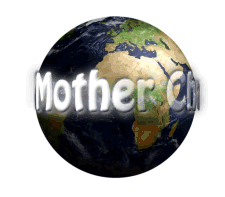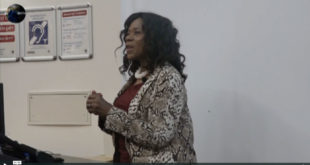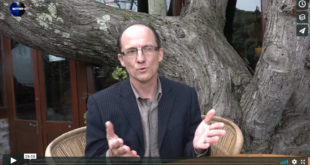In the early 1970s human-induced climate change was still a matter for the academy. A link between climate change and the burning of fossil fuels had been mooted but debate would not move into the political sphere for more than a decade.
Gandhi used her platform to express the inextricable goals of poverty alleviation and environmental protection. “There are grave misgivings that the discussion on ecology may be designed to distract attention from the problems of war and poverty,” she said. “We have to prove to the disinherited majority of the world that ecology and conservation will not work against their interest but will bring an improvement in their lives.”
Then, unknowingly, she threw the future climate change movement under a bus. “We do not wish to impoverish the environment any further and yet we cannot for a moment forget the grim poverty of large numbers of people,” she said. “Are not poverty and need the greatest polluters?”
This statement has echoed down the halls of climate change debate ever since. Gandhi was referring to the realities of life below the poverty line. Her message: who can care for the environment when their basic needs are not being met?
“The environmental problems of developing countries are not the side effects of excessive industrialisation but reflect the inadequacy of development,” she said.
We now know this to be untrue, in part. The 1970s drought in the Sahel was at first blamed on deforestation by local tribes. The real trigger was changing ocean currents caused by excessive industrialisation and climate change.
Gandhi’s words have been consistently manipulated to shift the focus of responsibility for environmental degradation on to the world’s poorest people, says Chaitanya Kumar of 350.org. “It’s the need of the poor [to raise themselves up] that is the biggest polluter. That’s how it’s seen by a few people.”
Much of the climate debate revolves around how the developing world can lift itself from poverty without pushing the world into dangerous global warming. Developing countries look at the historical emissions of the rich and say the burden of carbon reductions should lie with the main offenders. Rich countries worry that the rise of the middle class in China, India and Brazil will create an impossible growth in carbon emissions.
The post production of many goods generates greenhouse gasses. This trend will not end unless we change the consumerism mentality that so many humans are trapped in. Meat production is projected to double which means more strain on resources.
Historically, Earth’s climate has regularly shifted back and forth between temperatures like those we see today and temperatures cold enough that large sheets of ice covered much of North America and Europe. The difference between average global temperatures today and during those ice ages is only about 5 degrees Celsius (9 degrees Fahrenheit), and these swings happen slowly, over hundreds of thousands of years.
Now, with concentrations of greenhouse gases rising, Earth’s remaining ice sheets (such as Greenland and Antarctica) are starting to melt too. The extra water could potentially raise sea levels significantly.
Mrs Gandhi thinks climate change will be hit hardest in agricultural countries. She believes farmers and food industry workers will be hit the hardest. She paints a pretty gloomy picture for the world. However the mitigating effects are doing well to the world and cooling it down.
Biofuels are becoming more and more common and as they become second nature to fuel users there will be a wonderful shift. Let’s all do our bit for the planet and choose the organic option at every stage of life if we can.
Links: https://www.nationalgeographic.com/environment/global-warming/global-warming-overview/ , https://climate.nasa.gov/
By Alex Mitchison
 Mother Channel Environmental, climate change news and media.
Mother Channel Environmental, climate change news and media.



